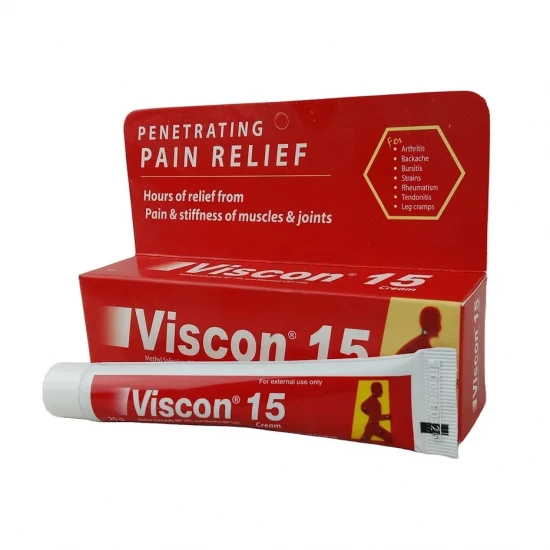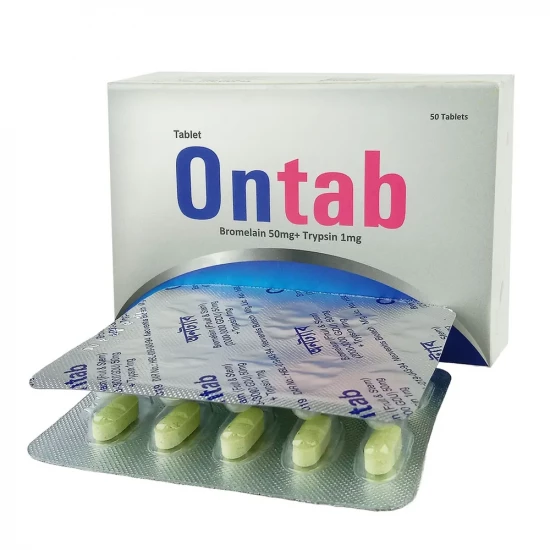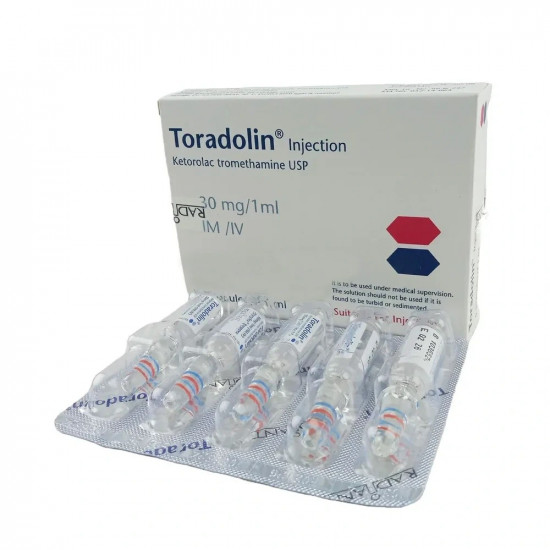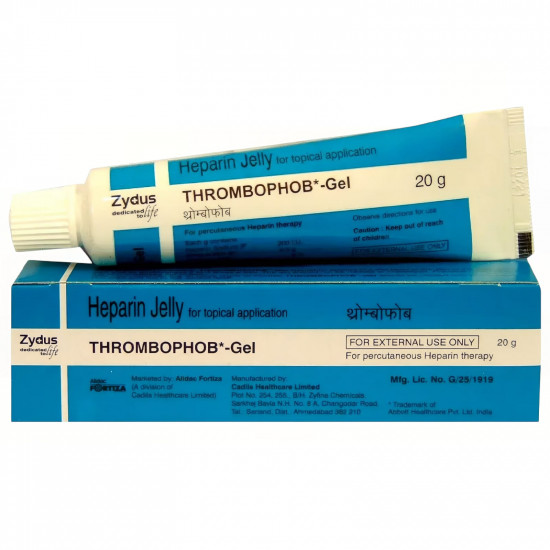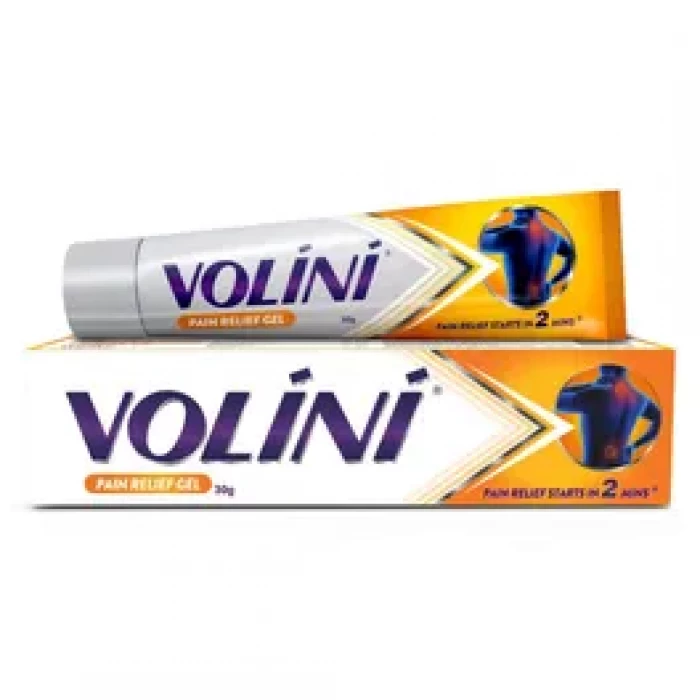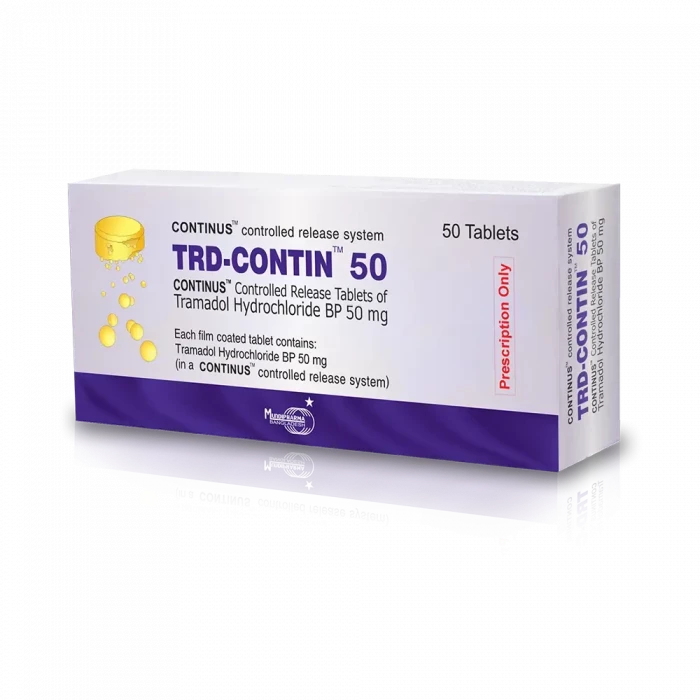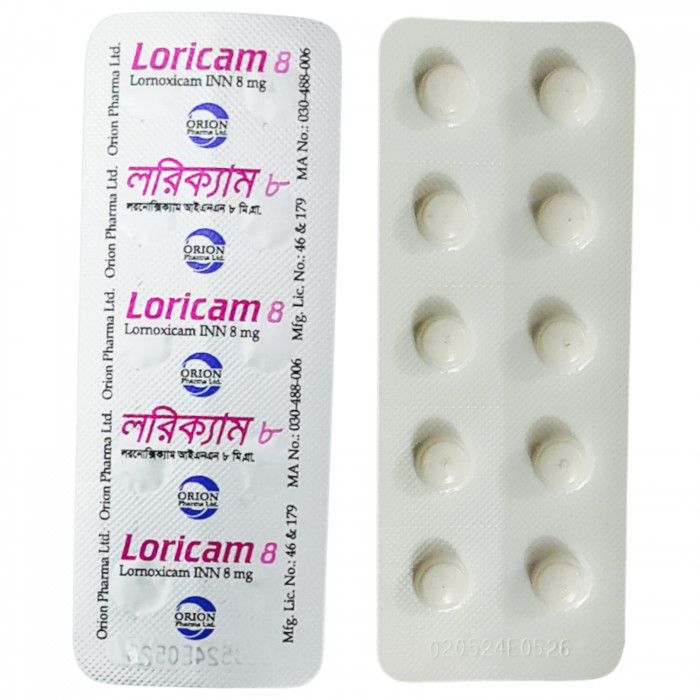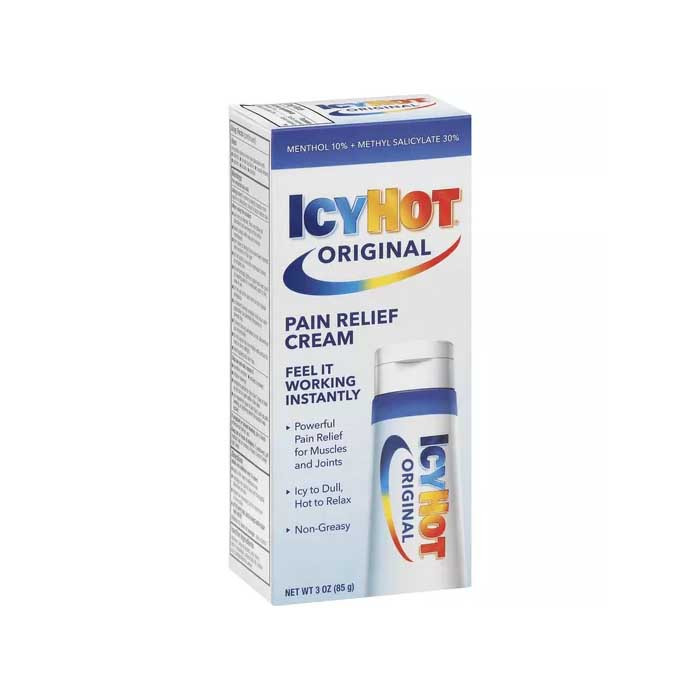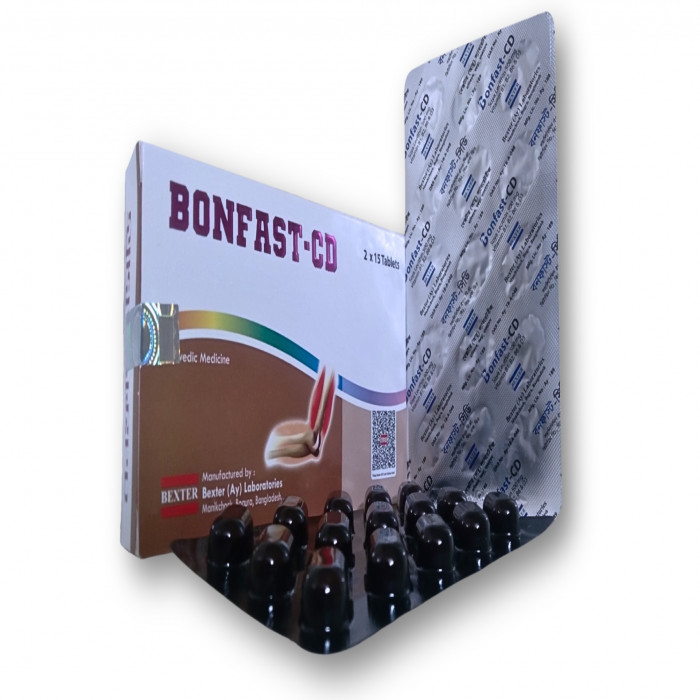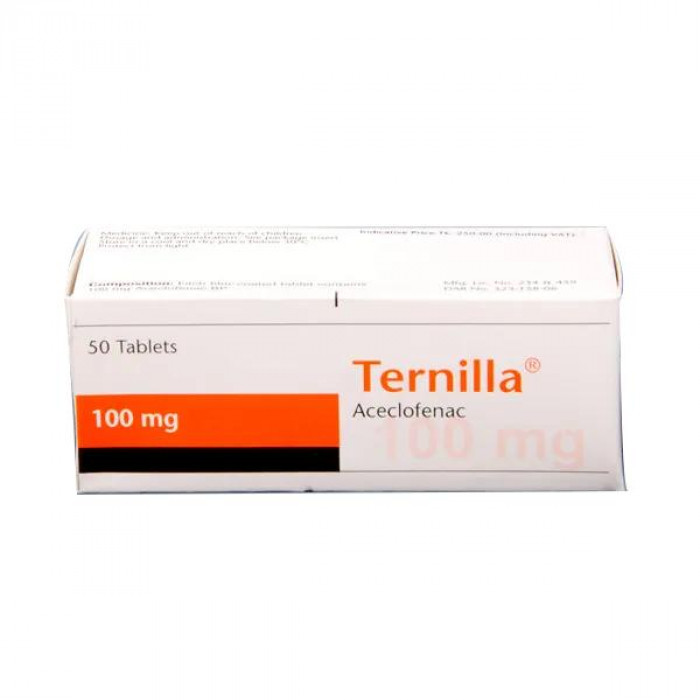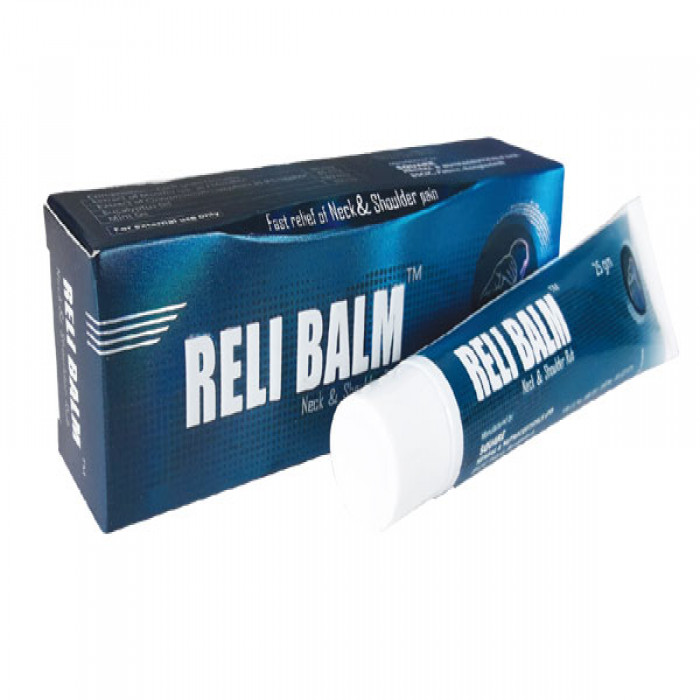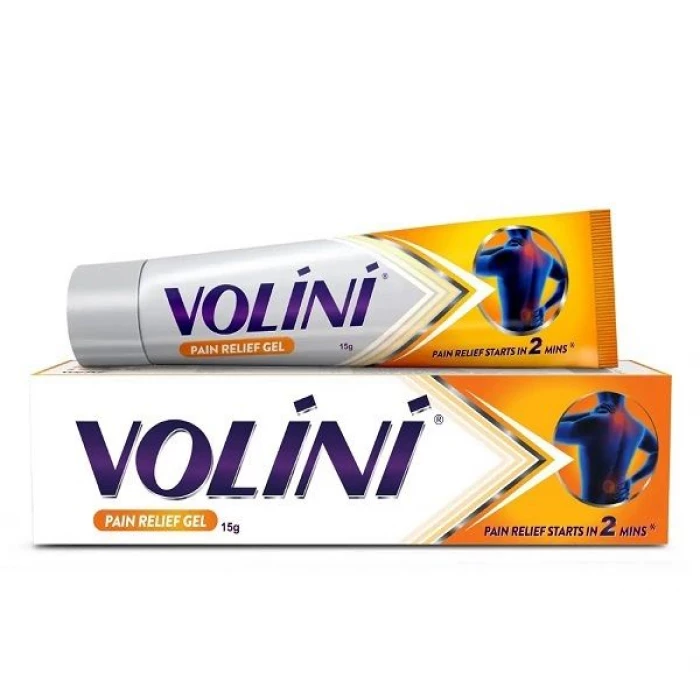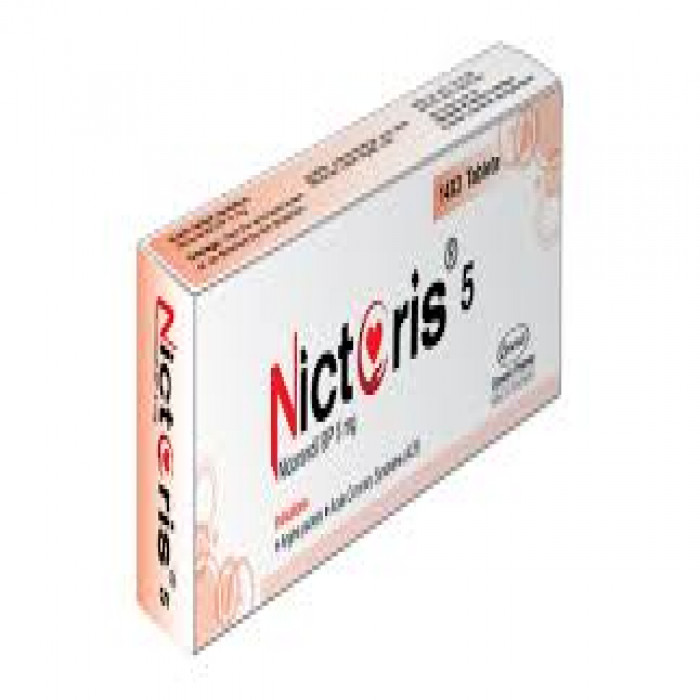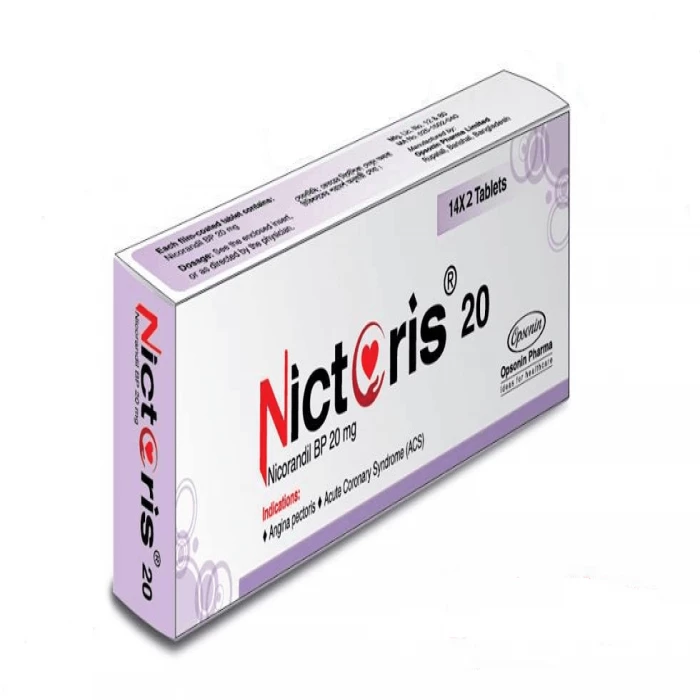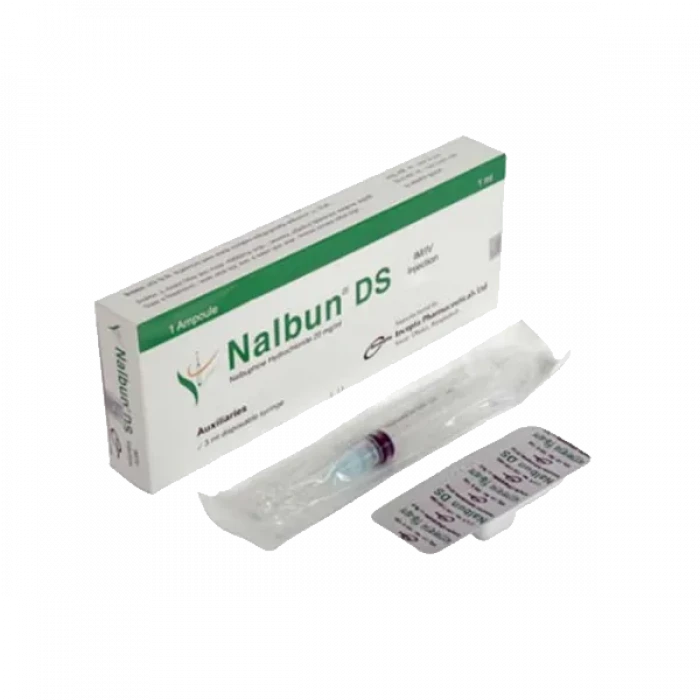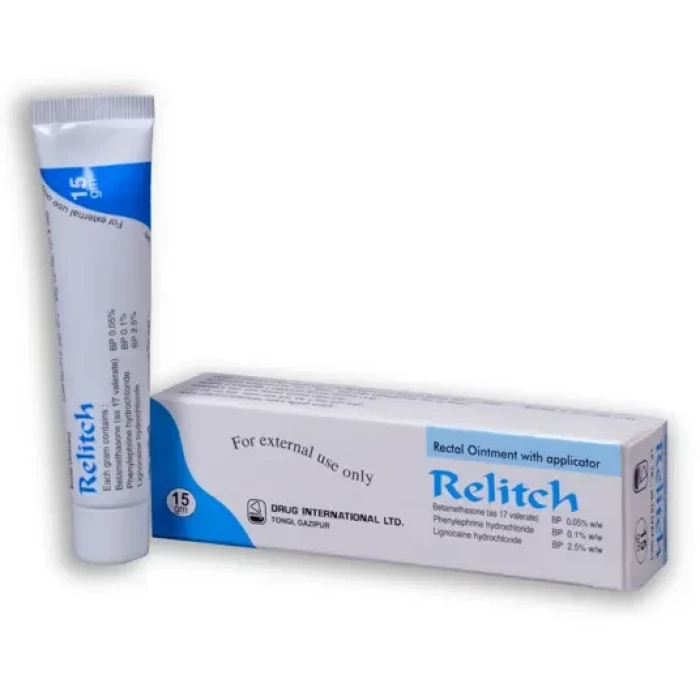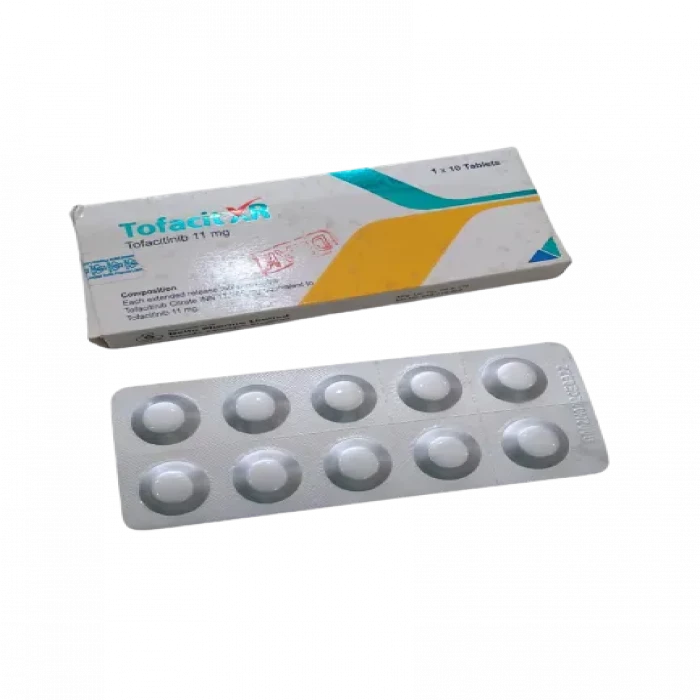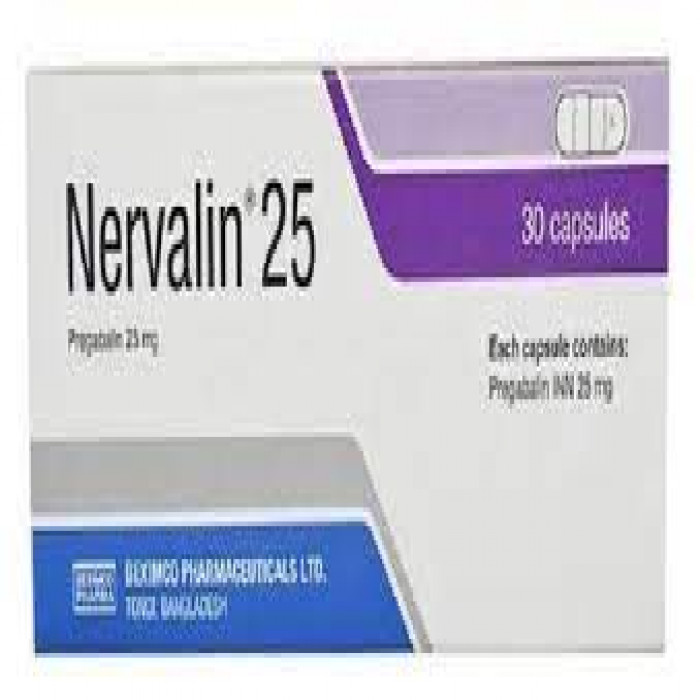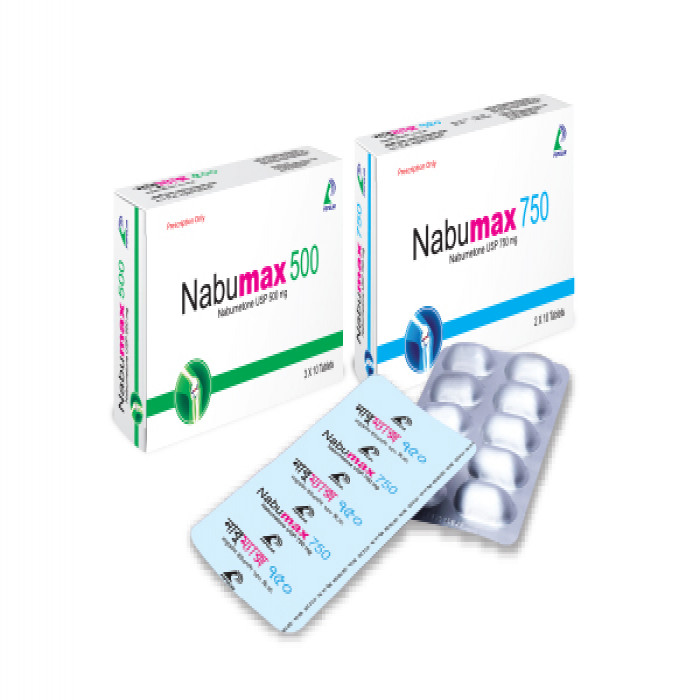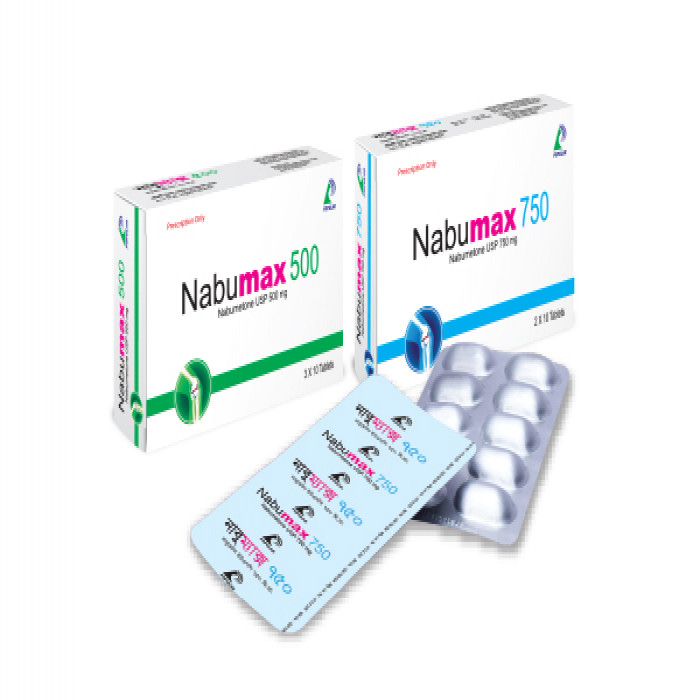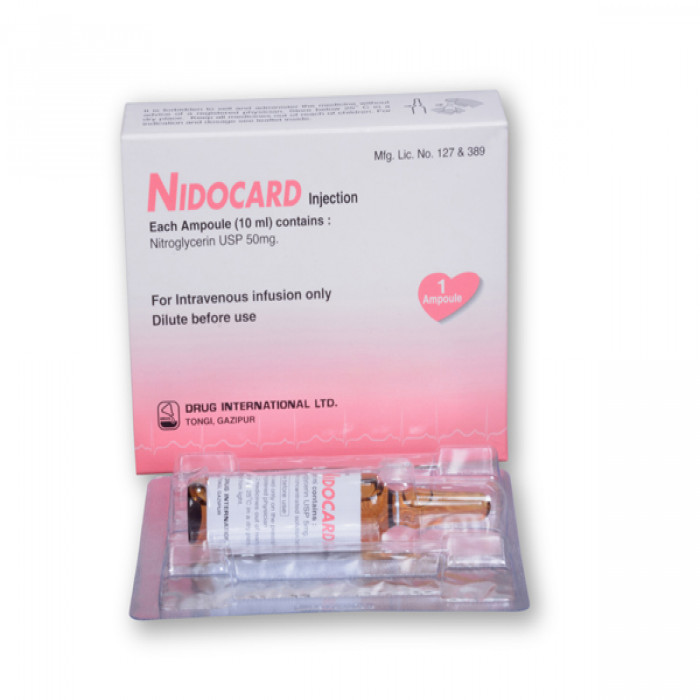
✔ 100% Authentic Product
👁️ Currently Viewing 982
Nitroglycerin 50/10mg/ml
Drug International Limited
Discount
Price: ৳ 94
MRP:
৳
100.3
6%
Off

100% Genuine Products, Guaranteed

Safe & Secure Payments, Always

Fast, Secure & Efficient Delivery

Proper Packaging
 Cash on Delivery - All over Bangladesh
Cash on Delivery - All over Bangladesh Regular Delivery - 12-24 Hours, Dhaka City* Charge Tk.39-59
Regular Delivery - 12-24 Hours, Dhaka City* Charge Tk.39-59 Regular Delivery - 24-48 Hours, Other Cities* Charge Tk.99-110
Regular Delivery - 24-48 Hours, Other Cities* Charge Tk.99-110
 ফ্রি ডেলিভারিঃ - ৯৯৯ টাকা+ অর্ডারে, ঢাকা
শহরে
ফ্রি ডেলিভারিঃ - ৯৯৯ টাকা+ অর্ডারে, ঢাকা
শহরে ফ্রি ডেলিভারিঃ - ২৯৯৯ টাকা+ অর্ডারে, ঢাকার
বাহিরে
ফ্রি ডেলিভারিঃ - ২৯৯৯ টাকা+ অর্ডারে, ঢাকার
বাহিরে
100% Genuine Products, Guaranteed
Safe & Secure Payments, Always
Fast, Secure & Efficient Delivery
Proper Packaging
 Cash on Delivery - All over Bangladesh
Cash on Delivery - All over Bangladesh Regular Delivery - 12-24 Hours, Dhaka City* Charge Tk.39-59
Regular Delivery - 12-24 Hours, Dhaka City* Charge Tk.39-59 Regular Delivery - 24-48 Hours, Other Cities* Charge Tk.99-110
Regular Delivery - 24-48 Hours, Other Cities* Charge Tk.99-110 ফ্রি ডেলিভারিঃ - ৯৯৯ টাকা+ অর্ডারে, ঢাকা
শহরে
ফ্রি ডেলিভারিঃ - ৯৯৯ টাকা+ অর্ডারে, ঢাকা
শহরে ফ্রি ডেলিভারিঃ - ২৯৯৯ টাকা+ অর্ডারে, ঢাকার
বাহিরে
ফ্রি ডেলিভারিঃ - ২৯৯৯ টাকা+ অর্ডারে, ঢাকার
বাহিরে
✅ Description:
Indications
Nitroglycerin injection is suitable for the treatment of perioperative hypertension; for the control of congestive heart failure in the case of acute myocardial infarction; for the treatment of angina patients who do not respond to sublingual nitroglycerin and beta blockers. And induce intraoperative hypotension.
Pharmacology
The main pharmacological effect of nitroglycerin is to relax vascular smooth muscle and expand peripheral arteries and veins. Vein dilation promotes the accumulation of peripheral blood and reduces venous return to the heart, thereby reducing left ventricular end-diastolic pressure and pulmonary capillary wedge pressure (preload). Arteriole relaxation can reduce systemic vascular resistance, systolic blood pressure and mean arterial pressure (after load). There is also dilation of the coronary arteries.
Dosage & Administration
Not for direct intravenous injection. Nitroglycerin injection is a concentrated, potent drug which must be diluted in dextrose (5%) injection or sodium chloride (0.9%) injection prior to its infusion. Nitroglycerin injection should not be mixed with other drugs.
Initial Dilution: Aseptically transfer the contents of one nitroglycerin ampoule (containing 50 mg of nitroglycerin) into a 500 ml glass bottle of either Dextrose (5%) Injection or Sodium Chloride Injection (0.9%).This yields a final concentration of 100 mcg/ml.
Maintenance Dilution: It is important to consider the fluid requirements of the patient as well as the expected duration of infusion in selecting the appropriate dilution of Nitroglycerin Injection. After the initial dosage titration, the concentration of the solution may be increased, if necessary, to limit fluids given to the patient. The nitroglycerin concentration should not exceed 400 mcg/ml.
Interaction
The vasodilator effect of nitroglycerin can be combined with the effect of other vasodilators. Infusion of nitroglycerin through the same infusion set as blood can cause false agglutination and hemolysis. More generally, nitroglycerin 5xtrose or 0.9% sodium chloride should not be mixed with any other drugs. At least in some patients, intravenous nitroglycerin can interfere with the anticoagulant effect of heparin. For patients receiving intravenous nitroglycerin, frequent measurement of activated partial thromboplastin time should be used to guide concomitant heparin therapy.
Contraindications
Allergic reactions to organic nitrates are extremely rare, but they do occur. Patients who are allergic to nitroglycerin should not use nitroglycerin injection. In patients with pericardial tamponade, restrictive cardiomyopathy, or constrictive pericarditis, cardiac output depends on venous return. Patients suffering from these diseases are not allowed to inject nitroglycerin intravenously.
Side Effects
The adverse reactions of nitroglycerin are usually dose-related, and almost all of these reactions are the result of nitroglycerin as a vasodilator. Headaches can be severe and are the most common side effect. Headaches will recur with daily doses, especially at higher doses. Short-term dizziness may also occur, occasionally related to changes in blood pressure. Hypotension does not occur very often, but in some patients, hypotension may be so severe that treatment needs to be stopped. Syncope, crescendo angina, and rebound hypertension have been reported, but they are rare. In rare cases, ordinary doses of organic nitrates can cause methemoglobinemia in patients with normal appearance. At these doses, methemoglobinemia is very rare, so further discussion of its diagnosis and treatment has been postponed.
Pregnancy & Lactation
Pregnancy category C. It is not clear whether nitroglycerin is excreted in human milk. Since many drugs are excreted in human milk, caution should be exercised when injecting nitroglycerin to breastfeeding mothers.
Precautions & Warnings
Even with small doses of nitroglycerin, severe hypotension and shock may occur. Therefore, the drug should be used with caution in patients who may have insufficient volume or have hypotension for any reason. Hypotension caused by nitroglycerin can be accompanied by paradoxical bradycardia and exacerbation of angina pectoris. Nitrate treatment can aggravate angina pectoris caused by hypertrophic cardiomyopathy. With the development of tolerance to other forms of nitroglycerin, the effect of sublingual nitroglycerin on exercise tolerance can still be observed, but it has been weakened. In industrial workers who have been exposed to unknown (possibly high) doses of organic nitrates for a long time, tolerance clearly occurs. These workers experienced chest pain, acute myocardial infarction, and even sudden death during the process of temporarily stopping nitrate, which proved the existence of real physical dependence.
Therapeutic Class
Nitrates: Coronary vasodilators
Storage Conditions
Keep below 30°C temperature, away from light & moisture. Keep out of the reach of children.
⚠️Disclaimer:
At ePharma, we’re committed to providing accurate and accessible health information. However, all content is intended for informational purposes only and should not replace medical advice from a qualified physician. Please consult your healthcare provider for personalized guidance. We aim to support, not substitute, the doctor-patient relationship.




